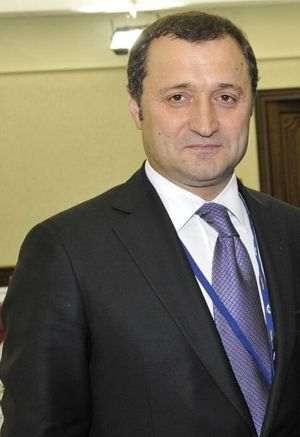The growth of the United States economy fueled a new appreciation of the US dollar, a rally that will be tested this month by the economic data to be published and the decisions of the Federal Reserve that will be taken at the meeting on September 19-20, according to Reuters.
The American Dollar Index, which compares the evolution of the United States currency against a basket of six other currencies, had a 5% increase yesterday compared to the minimum reached in mid-July, a move that erased the entire loss this year. Meanwhile, the US dollar's recent gains have put pressure on the currencies of the world's largest economies, sending the Chinese yuan to its lowest level since 2007 and raising expectations that Japan's government will intervene to support the yen, according to the aforementioned publication.
In recent months, the world's major economies have shown signs of weakness, while the United States economy has been relatively robust. This supported the idea that the Federal Reserve will keep interest rates high for a longer period of time, and from the minutes of the last Fed meeting it appeared that further interest rate hikes are not out of the question, which increased the attractiveness of the US dollar.
According to Reuters, signals that the dollar will outperform other currencies have reduced bears' appetite for the US currency. Speculators' net short bets on the U.S. currency fell to $7.17 billion last week from a two-year high , of 21.28 billion, according to Commodity Futures Trading Commission data.
"It's really about the strength of the US economy relative to the rest of the world," said Vassili Serebriakov, currency and macro strategist at UBS, quoted by the multimedia trust. "The markets returned to the theme of American exceptionalism".
According to Reuters, all this will be tested in September, when key data related to the US economy will be released, along with the Fed's monetary policy meeting. August's Consumer Price Index will be released today, a key measure of inflation that, if it shows signs of easing faster than expected, may cause investors to reevaluate their views on how long the Federal Reserve will keep interest rates on hold. at current levels.
Also, Fed Chairman Jerome Powell's message after next week's monetary policy meeting may influence the dollar's trajectory. Most investors believe the Fed has finished raising interest rates and are anticipating when the central bank could start easing monetary policy - although expectations for the end of 2023 have been pushed back to the first part of 2024 amid a robust US economy.
Steven Englander, head of foreign exchange research at Standard Chartered, says: "Investors would probably need to see a significant change in US economic data supporting the start of Fed rate cuts to change sentiment towards dollar".
A stronger dollar can hurt risky assets as it eases the tightening of credit conditions and puts pressure on the profits of US exporters and multinationals. The S&P 500 was up about 17% year-to-date yesterday, but the rally in the main basket of US stocks has stalled since August.
According to a Reuters poll, 81 percent of analysts surveyed see risks to their upside forecasts for the dollar for the rest of 2023, although many believe the U.S. currency will be lower a year from now than it is today. On the other hand, some bearish (a.k.a. those who believe the dollar will fall) investors believe the risks are asymmetric, meaning that the dollar's decline may far outpace upside potential after the US currency's 28% multi-year rally since the low since January 2021. Compared to the high of last September, the US Dollar Index is down 8%.
Analysts at TD Securities say the dollar is vulnerable to sudden changes in economic data, and retail sales figures due today could turn out to be well outside estimates, according to the publication.
Kit Juckes, chief currency strategist at Societe Generale, has a bearish long-term outlook on the dollar, but still expects the US currency to have some final upside momentum in the short term. "The market has positively reassessed the growth outlook quite significantly over the summer," he was quoted as saying by Reuters. "I'm not going to stand in front of this bus (n.r. in the rallying sense) ... which can easily run you over".



















































